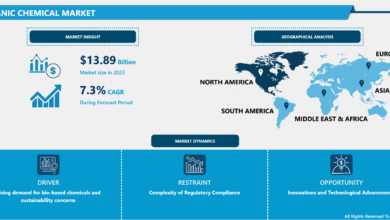Government transparency bill heads to North Carolina House vote

(The Center Square) – A Senate bill to increase government transparency and the penalty for corruption in North Carolina cleared a House committee Monday.
Senate Bill 473 creates a new felony offense for public officials who personally benefit financially from their position. It requires local governments to garnish a public official’s wages if they owe money for unpaid county and city services. The measure also strengthens conflict-of-interest laws, and it allows the Local Government Commission (LGC) to select an independent auditor in certain circumstances.
The House Committee on Rules, Calendar, and Operations of the House approved the measure, 9-3, on Monday. It now heads to the full House for consideration.
State Auditor Beth Wood said the legislation would reduce abuse of power by local government officials.
“There has to be some consequences for these local government, local elected officials who are abusing their positions,” Wood said.
An October audit by Wood’s office found from May 2017 through January 2018, East Laurinburg’s former finance officer wrote 13 checks from the town’s bank account totaling $2,674 to pay utilities at her home. She signed the checks herself, and her mother, a commissioner, signed 11 of the checks. The finance officer also spent $8,542 from the town’s bank account without providing supporting documentation, including four checks to herself, totaling $585 for additional time worked and $880 for supplies.
In another instance, Rocky Mount city officials blocked the city from collecting more than $47,700 in utility bills a city council member owed, according to May 2020 report by the state auditor’s office. The city manager violated the city’s travel policy, resulting in more than $1,500 in unapproved travel expenses. The audit also found mismanagement and overspending in the city’s programs, costing taxpayers more than $60,000.
The bill requires the state auditor to notify the LGC when an audit report results from an investigation involving local governments. It allows the LGC to be involved in that local government’s audit process for up to three years after the release of an investigative report.
Rep. Shelly Willingham, D-Edgecombe, who is from Rocky Mount, said the legislation is unnecessary since laws already exist to penalize public officials for wrongdoing.
“If an official takes advantage of his or her position as an elected official in getting stuff they should not get because of their position, that’s breaking the law, and there are laws in the books to take care of it,” Willingham said.
Willingham believes Rocky Mount was targeted through the legislation because it was specifically mentioned in the bill and it retroactively applies to governments audited on or after July 1, 2018. He drilled Wood on Monday about the Rocky Mount audit.
Wood refuted Willingham’s claims that the bill specifically targets Rocky Mount and listed other events of financial abuse by officials from other local governments.
SB 473 would create a Class H felony for an elected official “that solicits or receives personal financial gain from the political subdivision for which he or she serves by means of intimidation, undue influence, or misuse of the employees of that subdivision.” An elected official convicted under the measure could face four to 25 months in prison.
The bill also clarifies when public officials must recuse themselves from the approval process for the nonprofit contract they are associated with.
The Senate approved SB 473, 42-6, on May 6.
Disclaimer: This content is distributed by The Center Square


